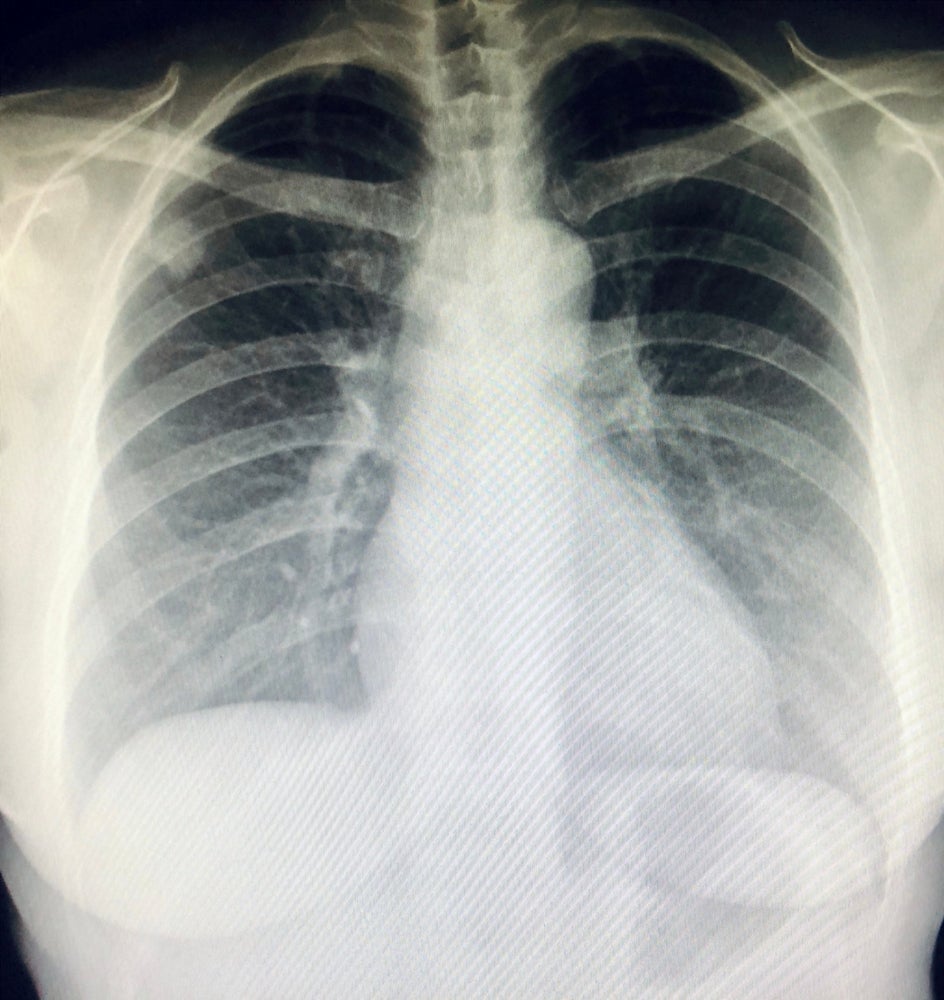MTI-201 is under clinical development by Modulation Therapeutics and currently in Phase I for Metastatic Uveal Melanoma. According to GlobalData, Phase I drugs for Metastatic Uveal Melanoma does not have sufficient historical data to build an indication benchmark PTSR for Phase I. GlobalData uses proprietary data and analytics to create drugs-specific PTSR and LoA in the MTI-201 LoA Report. Buy the report here.
GlobalData tracks drug-specific phase transition and likelihood of approval scores, in addition to indication benchmarks based off 18 years of historical drug development data. Attributes of the drug, company and its clinical trials play a fundamental role in drug-specific PTSR and likelihood of approval.
MTI-201 overview
MTI-201 is under development for the treatment of metastatic uveal melanoma. The drug candidate is a cyclic beta-hairpin peptidomimetic. It was under development for the treatment of multiple myeloma. It is administered through intravenous route as solution.
See Also:
Modulation Therapeutics overview
Modulation Therapeutics is a pharmaceuticals company that develops novel approaches for targeting cell adhesion molecules critical for mediating drug resistance and survival of tumor cells. Modulation Therapeutics is headquartered in Tampa, Florida, the US.
For a complete picture of MTI-201’s drug-specific PTSR and LoA scores, buy the report here.
Premium Insights
From

The gold standard of business intelligence.
Blending expert knowledge with cutting-edge technology, GlobalData’s unrivalled proprietary data will enable you to decode what’s happening in your market. You can make better informed decisions and gain a future-proof advantage over your competitors.




